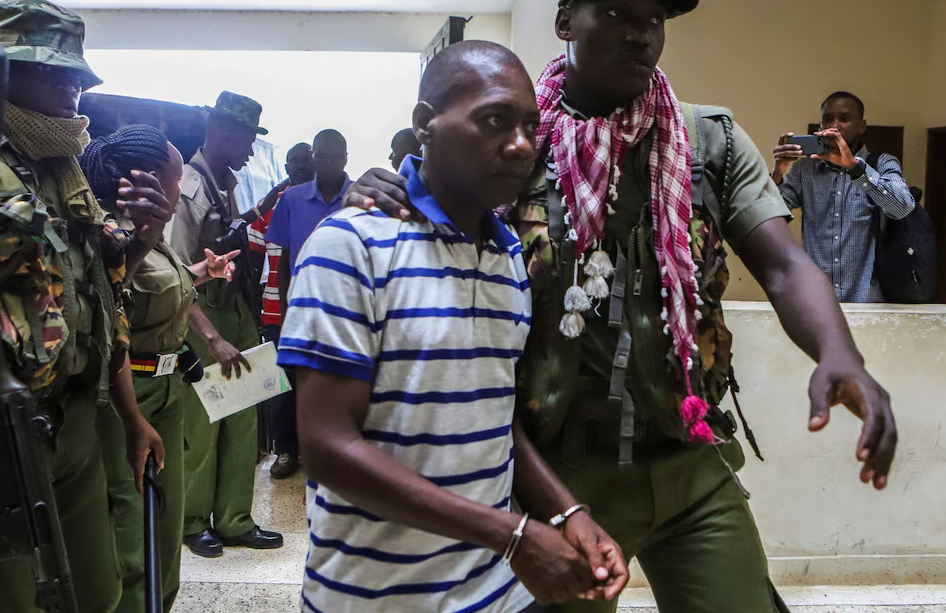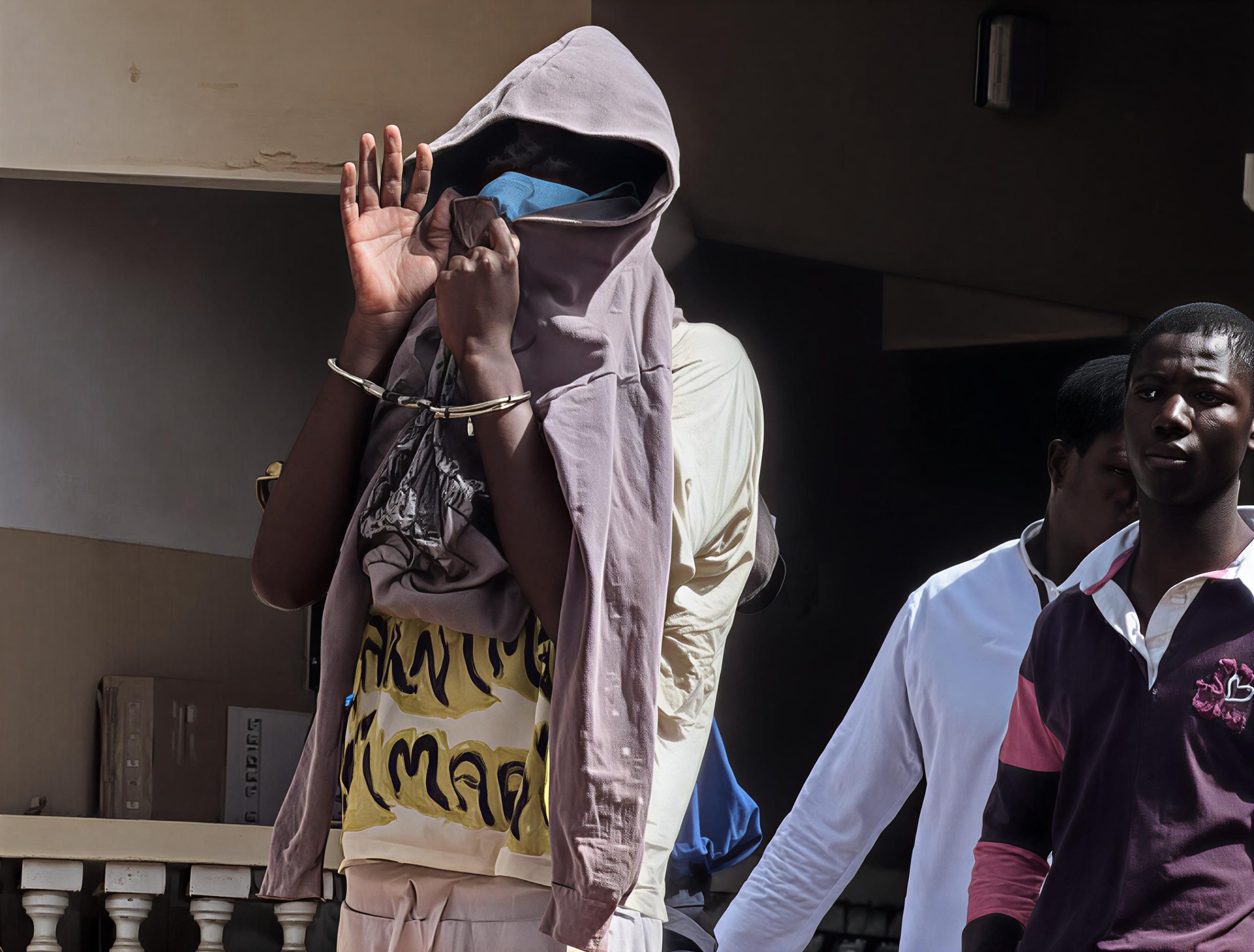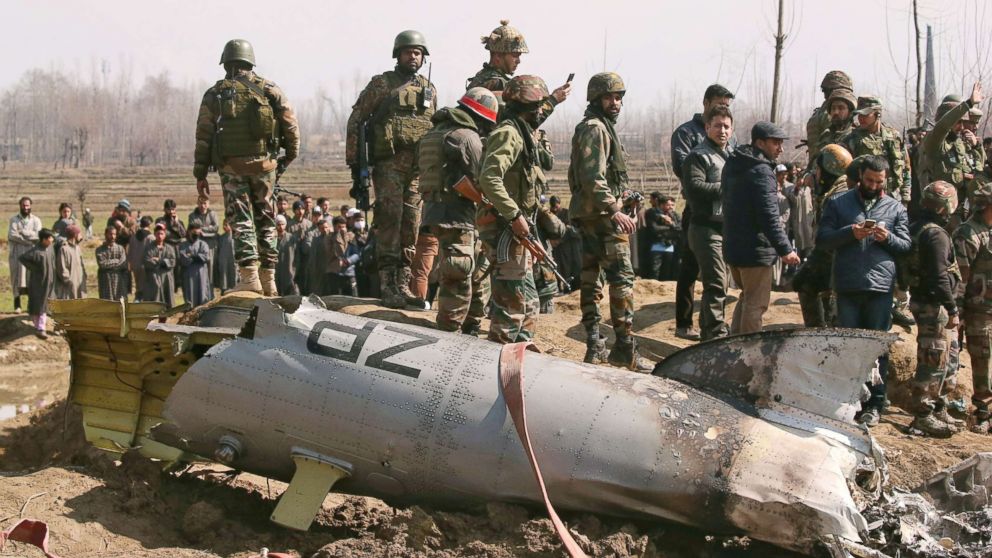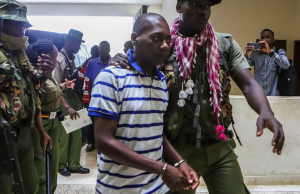Gambiaj.com – (WASHINGTON, DC) – Tensions are rapidly escalating between nuclear powers India and Pakistan after India on Tuesday struck what it says were terrorist targets deep inside Pakistan, which says its military shot down five Indian fighter jets.
India on Tuesday launched what it said were retaliatory strikes against Pakistan, the most significant attack in decades, coming two weeks after a deadly attack in Indian-administered Kashmir that killed 26 tourists.
Pakistan has denied any involvement in the attack in Kashmir and has called Indian strikes in Pakistani territory “an act of war.” Officials in Pakistan have vowed to respond to the strikes.
President Trump on Wednesday from the Oval Office encouraged de-escalation and said “I know both very well. I want to see them work it out.” Trump added, “I want to see them stop.”
“If I can do anything to help, I will be there,” the U.S. president added.
Here’s what to know with the two nuclear-armed countries on the brink.
Damage on both sides
The Indian missile strikes killed 31 people and injured 57 in Pakistan-administered Kashmir and the country’s Punjab province, according to a statement from Pakistan’s military.
Shortly after the strikes took place Tuesday, India’s Defense Ministry said the strikes targeted at least nine sites “where terrorist attacks against India have been planned.”
India’s army said 15 civilians were killed and 43 were injured on its side of the border.
“In an hour-long air battle, our pilots blew up the jets of the enemy to smithereens,” Pakistani Prime Minister Shehbaz Sharif said in an address Wednesday.
Pakistan is claiming it shot down five Indian jets in an act of “self-defense.” India has not responded to those claims.
A French official also told CNN that one Rafale jet, which is operated by India, was downed in the skirmish.
All eyes are on Pakistan’s response.
Sharif said Wednesday that Pakistan would “fight until the last drop of their blood” to hold India accountable for the strikes.
“We will promise that every drop of their blood that has been shed will be made accountable,” he added.
“This is that cowardly enemy that will always attack innocent people, and then they will think they are brave. Last night we proved Pakistan will give an answer.”
Sharif’s comments raised concerns about the conflict escalating, although experts also caution that neither country is eager to engage in a wider war.
“Pakistan reserves the right to respond, in self-defense, at a time, place, and manner of its choosing to avenge the loss of innocent Pakistani lives and blatant violation of its sovereignty,” said a readout from a Pakistani National Security Committee emergency meeting.
India’s fury over attack
India’s retaliation to the April 22 attack has long been expected. India has described the massacre as a “terror attack” and said it had “cross-border” links, blaming Pakistan for backing terror organizations.
Tensions within the country have also been heightened in the wake of the terror attack, as witnesses said that Hindus were targeted and shot dead after confirming their religion.
India called its retaliatory operation “Sindoor,” which in Hindi refers to the red vermilion worn by married Hindu women on their foreheads. The operation name is a reference to the women who witnessed their husbands’ deaths in the April 22 attack in Kashmir.
Indian Prime Minister Narendra Modi has boasted about returning normalcy to Kashmir, and his base had been clamoring for revenge after last month’s attack.
Trump and Rubio call for de-escalation.
Trump on Tuesday called India’s strikes on Pakistan a “shame” and expressed hope that the violence ends quickly.
“It’s a shame. We just heard about it just as we were walking in the doors of the Oval,” Trump said during a swearing-in ceremony for Steve Witkoff, his special envoy for the Middle East.
“I guess people knew something was going to happen based on a little bit of the past,” Trump said. “They’ve been fighting for a long time, you know? They’ve been fighting for many, many decades, and centuries, actually, if you really think about it. No, I just hope it ends very quickly.”
Secretary of State Marco Rubio, who is also the national security adviser, spoke to his Indian counterpart shortly after the strikes on Tuesday. He also held a phone call with his Pakistani counterpart, Lt. Gen. Muhammad Asim Malik.
“Earlier this afternoon, @SecRubio spoke to the national security advisors from India and Pakistan. He urged both to keep lines of communication open and avoid escalation,” the U.S. Department of State posted on the social platform X.
Fears of nuclear war hang over the conflict.
India and Pakistan are both said to have 170 nuclear warheads, according to the Stockholm International Peace Research Institute (SIPRI), adding to fears that any escalation could lead to a nuclear war between the two countries.
India and Pakistan have exchanged fire on an almost daily basis since the April 22 attack across the “line of control.”
But the strikes on Tuesday marked the largest attack in Pakistan in at least 50 years.
Indian officials said the strikes were precisely targeted at terrorist infrastructure and showed “considerable restraint.” That hasn’t quelled concerns.
Joel Rubin, a former senior State Department official for the Obama administration, called the India-Pakistan conflict “the most unstable nuclear standoff on the planet,” and he called on the Trump administration to step up its response.
“There are 350 nuclear warheads between them, yet no guardrails on this relationship,” he said in a BBC interview. “We should lean into diplomatic efforts to stop this war, not cede leadership to others like Iran.”










